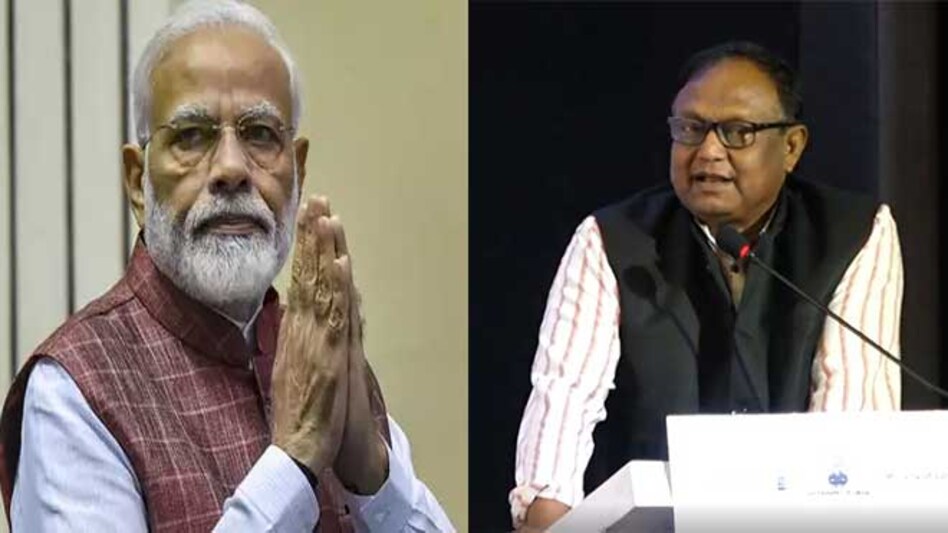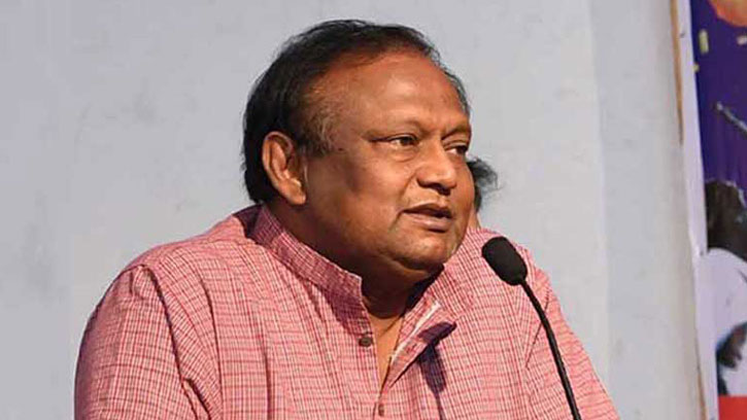Tipu Munshi, the minister of commerce for Bangladesh, will travel to India this week for talks aimed at advancing trade links between the two countries, including the signing of a trade agreement and guaranteed supplies of necessities like rice and wheat.
The next steps to advance negotiations on the proposed Comprehensive Economic Partnership Agreement (CEPA) are anticipated to come up in Munshi’s upcoming meeting with his Indian counterpart Piyush Goyal, according to people familiar with the situation on Monday. The two countries completed a joint feasibility study for the proposed CEPA earlier this year.
Goyal invited Munshi, a senior member of Bangladesh’s ruling Awami League party, to visit India from December 21 to 24 for discussing an agenda with other senior Indian officials.
Also Read: French Police unleash tear gas on fans post World Cup defeat
Following their September meeting in New Delhi, Indian Prime Minister Narendra Modi and Bangladeshi Prime Minister Sheikh Hasina hailed the completion of the joint feasibility study, which suggested the CEPA will be advantageous for both nations.
The leaders also instructed trade representatives from both parties to begin CEPA negotiations by 2022 and conclude them in time for Bangladesh to leave the category of “least developed countries” in 2026.
According to the sources, Munshi will advocate for expanding economic and trade relations with India, including CEPA negotiations. They claimed that the trade pact is significant since it will be Bangladesh’s and a large Asian country’s first of its kind.

The persons claimed that the Bangladeshi side is also anticipated to bring up India’s anti-dumping tariffs on jute and jute products from the neighboring nation, which were implemented in 2017, and request guaranteed supplies of basic goods like vegetables, wheat, and rice from the Indian side.
“It is necessary to make the supply of these necessities predictable. Bangladesh views India as a major source of these important commodities as commercial connections between the two nations have grown in recent years”, according to one of the people mentioned above.
The people said the Bangladeshi side is looking for some type of assurances over the steady supply of goods like rice and wheat at guaranteed prices, pointing to disruptions in the supply of items like onions in the past and the impact on the Bangladesh economy. This will also eliminate Bangladesh’s need to purchase rice from other nations, such Vietnam, the sources said.
Also Read: Pele leaves a heart-warming post for Messi post World Cup victory; says “Diego is smiling”
To refill its stockpiles and lower domestic prices, Bangladesh finalized agreements in August to purchase 330,000 tones of rice from India and Vietnam. The second-largest trading partner of Bangladesh in Asia is India. Despite setbacks brought on by the Covid-19 outbreak, two-way commerce increased by 44% between 2020 and 2021, from $10.8 billion to $18 billion.

